Endurance athletes are always in search of that added edge to push their training and racing forward. Endurance athletes will try it all, whether it's investing in socks that promise to increase circulation, bracelets that are supposed to improve balance or special shoes that encourage efficiency. It's no wonder so much attention is paid to fueling properly.
Turns out, that performance isn't just tied to what endurance athletes eat, but when—especially when to eat breakfast. And whether to exercise before or after breakfast is a long-standing debate in the endurance sports world.
More: 12 Fast and Easy Breakfast Ideas
Researchers in Belgium put 28 healthy, active men on a high-fat, high-calorie diet. The men were split into three groups: The first group didn't exercise at all, the second exercised four times a week and ate breakfast prior to workouts, and the third worked out and ate the same amount, but waited to consume any calories until after their morning workouts.
The non-exercise group predictably put on the most weight. The compelling data was the difference in the weight gain of the two exercise groups. The results showed the group who waited to eat breakfast until after their workouts gained hardly any weight, while the ones who ate before still managed to pack it on.
While these findings have garnered much attention, you'll be hard pressed to find a sports nutritionist who recommends fasting before working out. Indeed, to perform at your best, you need fuel.
"An athlete who is eating relatively healthy is not going to gain an edge by skipping breakfast," says sports nutritionist Barbara Lewin.
Without that fuel, endurance athletes lack the get-up-and-go to push themselves as hard. A hungry athlete's muscles won't respond as well either.
Fueling for Workouts
"We take better care of our cars than our bodies," Lewin says. "Going out for a workout without fueling can increase muscle tissue breakdown and that can do a lot of damage in the long run."
While a car will simply stop when it runs out of gas, humans can push their bodies long after they've depleted their energy stores. Which means breakfast is more important than you might realize.
"You're burning calories at rest even when you're sleeping," Lewin says.
This means by the time you step out of bed, your body is already at a glycogen deficit. If you don't eat before your morning workout, the lack of muscle-fueling glycogen will lead to fatigue. Perceived exertion during exercise also skyrockets and everything feels more difficult.
"You want to support your workout as much as possible," Lewin says. "If you are restricting calories before exercise, you're going to be running on empty."
This glycogen depletion can cause you to bonk in the middle of a long effort and can even lead to injury as the result of fatigue. While a gut-busting meal isn't necessary before a workout, a small amount of easily digestible calories will keep you up and running.
More: What to Eat Before a Run
Other Weight-Loss Methods
If weight loss is a factor in your exercise program, consider a different approach, rather than skipping breakfast. Namely, Lewin suggests, varying your workouts.
More: 6 Weight-Loss Myths Debunked
"If you want to lose a few pounds, optimize your workout so you're working harder and faster," Lewin says. "That will cause you to burn more calories and build more lean body mass."
This approach also will enhance your performance as you work harder.
Indeed, by eating an adequate amount of food to support better workouts, you'll end up increasing your metabolic rate, enhancing performance, burning more calories, and optimizing lean body weight. This means while you might be taking in a more calories to fuel those harder workouts, you'll subsequently burn a greater number in the end.
"You need the proper fuel to make these more intense workouts possible," Lewin says. "Focus on performance, not deprivation. By enhancing performance, you're going to burn more calories."
More: Fitness Tips to Help You Lose Weight
 Perfect your nutrition to boost your performance. Sign up for a race near you.
Perfect your nutrition to boost your performance. Sign up for a race near you.About the Author

Get ACTIVE on the Go


Couch to 5K®
The best way to get new runners off the couch and across the finish line of their first 5K.
Available for iOS | Android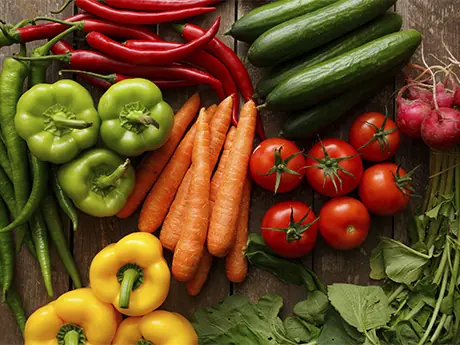
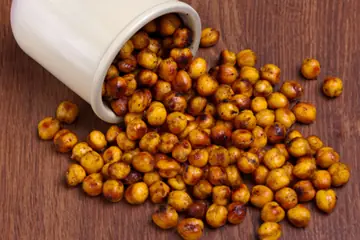

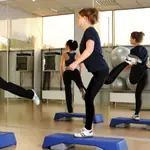
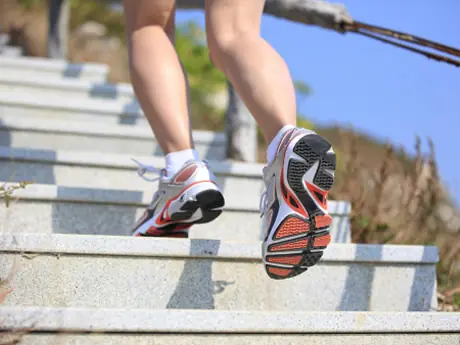

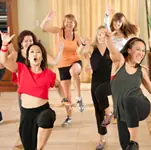
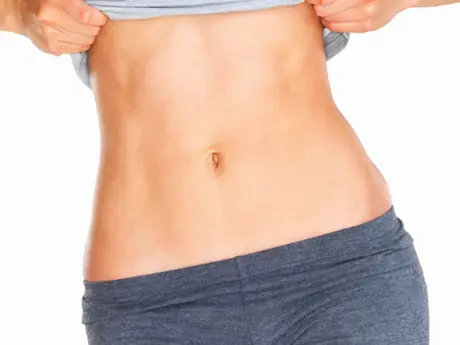
Discuss This Article